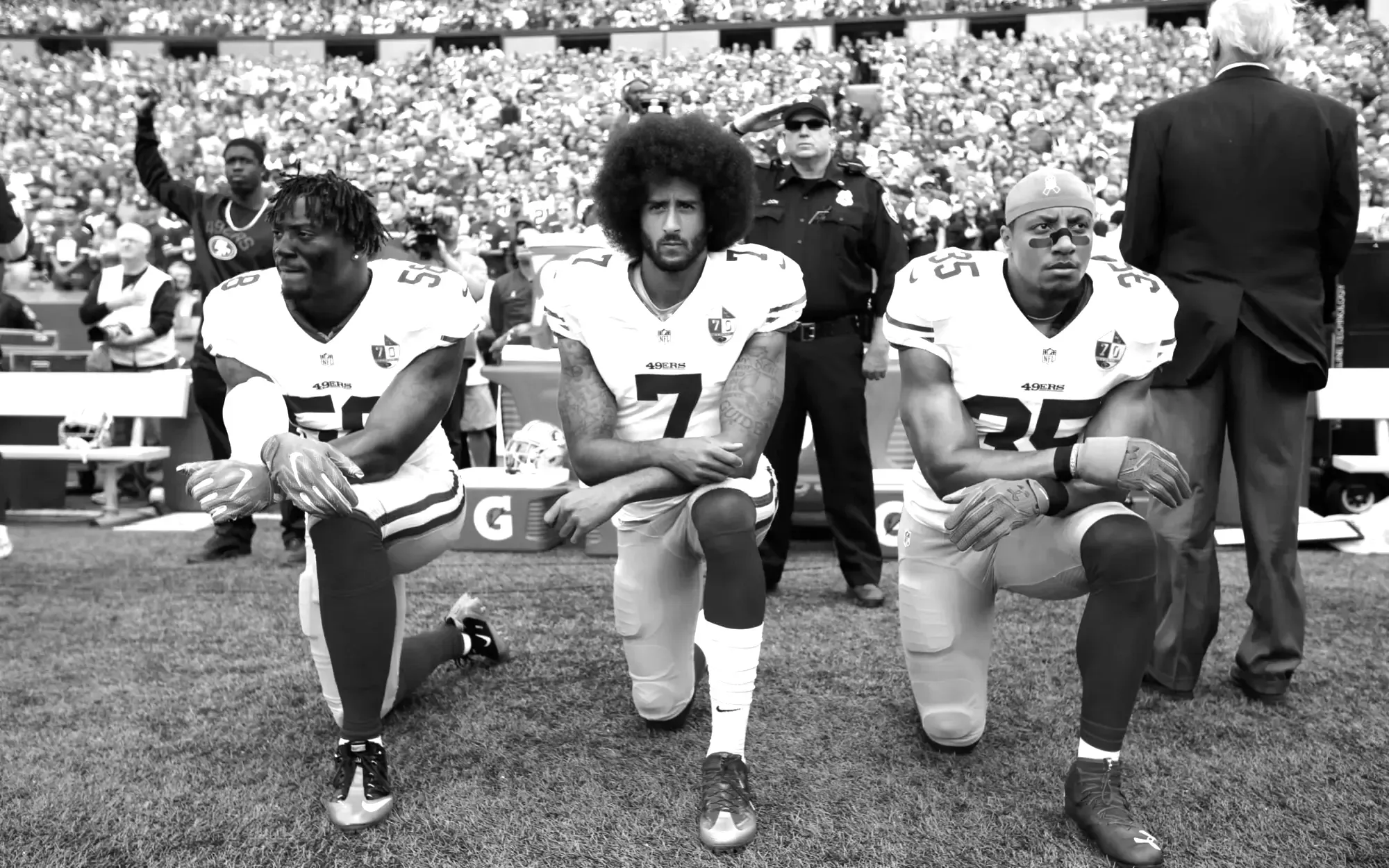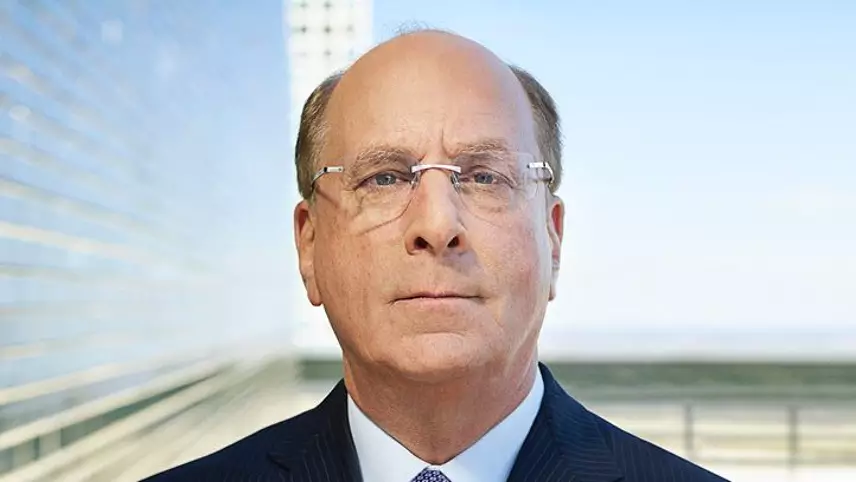Should brands let go of their 'woke capitalism' aspirations?
Is stakeholder capitalism dead already?

This time last year, terms like 'ESG' and 'DEI' were huge buzzwords doing the rounds in corporate boardrooms.
"Putting your company’s purpose at the foundation of your relationships with your stakeholders is critical to long-term success." - Larry Fink (2022)

Perhaps led by influential CEOs like BlackRock's Larry Fink, stakeholder capitalism made a lot of sense immediately post-Covid, and within the safe confines of a plush office interior, but in the real world - a lot of customers are just not ready for such radical, inclusive, egalitarian ideas.
"I don't use the word ESG any more, because it's been entirely weaponised ... by the far left and weaponised by the far right" - Larry Fink (June 2023)
Brands like Bud Light and Target have felt the real sting of a coordinated backlash against their 'woke' positioning; BlackRock too has been the target of investigations by some Republican-controlled states, and an investment boycott in Texas.
Even McDonald's has now significantly toned down their level of 'Simon Sinek' in the copy of some 'corporate responsibility' pages on their website following increasing public disdain for the terms.

What should brands do now? Go woke or no-woke?
In an insightful piece published by Vox, the pros and cons of the dilemma (especially in a polarised North America) are well-illustrated:
“Historically, boycotts haven’t worked. They’ve been too diffuse,” said Maurice Schweitzer, a Wharton professor who focuses on behavioral decision research, emotion, and negotiations. “I think what seems to have changed is that first of all it’s more focused (thanks to the power of social media), so it’s Bud Light and Target, it hasn’t been a lot of other companies, and the second thing that’s really different is that people are motivated and coordinated.”
Consumers do shop their values for a short time, but employees increasing do work according to their values. Brands that are seen to be on the wrong side of history may struggle to attract and retain talent.
If you are a CEO sitting in your office today contemplating how you’re going to approach political and cultural issues, the threat of conservative activists coming for you has to be in the back of your mind. As much as your employees, customers, and even perhaps personal politics may be pushing you to the left, there’s a risk that your firm could be next.
The nature of the modern market is that companies are supposed to focus on profits and delivering shareholder value. Most firms that profess to embrace progressive values do so because at the very least they think it won’t hurt their business and instead hope it will help. If the scenario shifts, so does their behavior.
The recommendation on this incredibly complex issue then is to know your customer of today and know your customer of tomorrow.
Conservative now and forever
If your customer of today, as well as your forecasted customer of tomorrow is conservative and may take offence to your messaging: avoid a communication tone that may aggravate them altogether.
If you are not entirely sure what the political positioning of your present and future customer is - then just assume that they are more of the conservative persuasion.
Transitioning
If your customer of today is conservative, but your future customer is more progressive: you will need to figure out what your transition journey will look like. Favouring short-term marketshare over longer-term brand resonance for too long will be slow poison for the business. Transition too quickly and you might never make it to the other side.
The best approach is to slowly guide the brand through to a place of neutrality rather than adopting a quick radicalism that will set off an immune-system response from the market.
DEI DNA
Smaller brands obviously have far more agility to play around in the space as do older brands with traditional customer-bases. If your customers are progressive today, it's unlikely that they'll move to Texas and reject you tomorrow. DEI is a part of your DNA, so sign up Dua Lipa as an influencer for your brands already and rest easy.
In summary
We wouldn't say that ESG and DEI are not longer relevant.
On the contrary, if you take a critical, longer-view of where the world is most likely heading; the successful implementation of policies like ESG and DEI are critical factors for the successful future of capitalism itself.
There is a lot of noise around the rejection of 'woke capitalism' from a minority of people with big mouths and loudhailers, but that doesn't mean that the shift is mute.
No great change unfolds - as we wish it would - in a nice, neat, predictable, straight line.
The problem is that some, enlightened business leaders who adopt these modern ideologies believe that the process of transitioning a brand 'should just happen overnight' without really understanding that a brand is something personal and highly complex; and not all stakeholders will be viewing this change from the same progressive perspective.
The hiccups say more about the competency of the brand leadership driving the change (and those who are advising them) than it does about the public pundits that criticise it.
Previously on Cherryflava:

/cloudfront-us-east-2.images.arcpublishing.com/reuters/2FK7CESZHROXZF7JL4RG7IDPHE.jpg)








